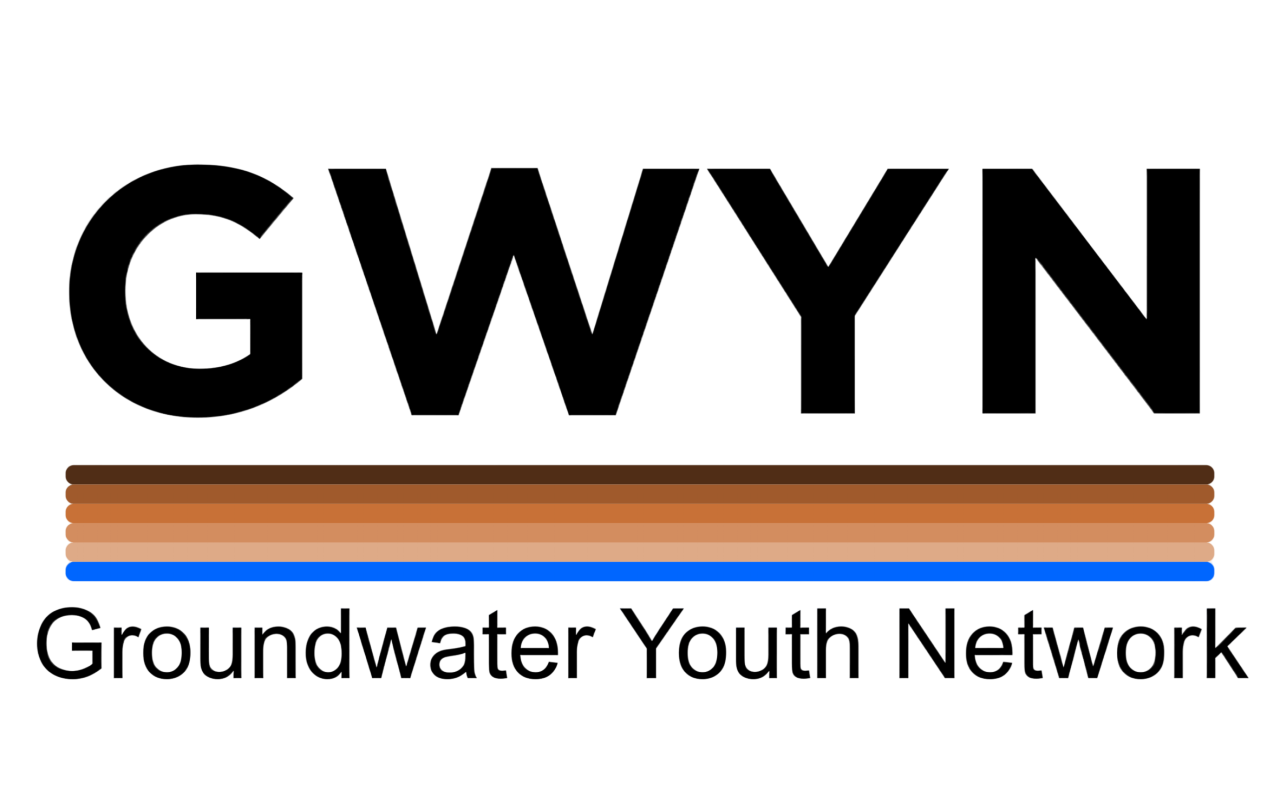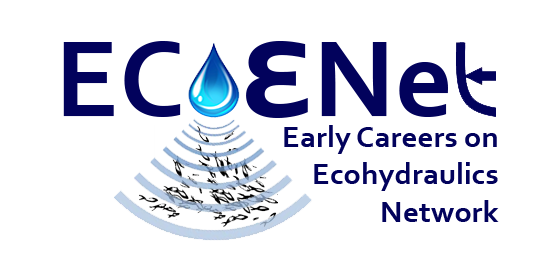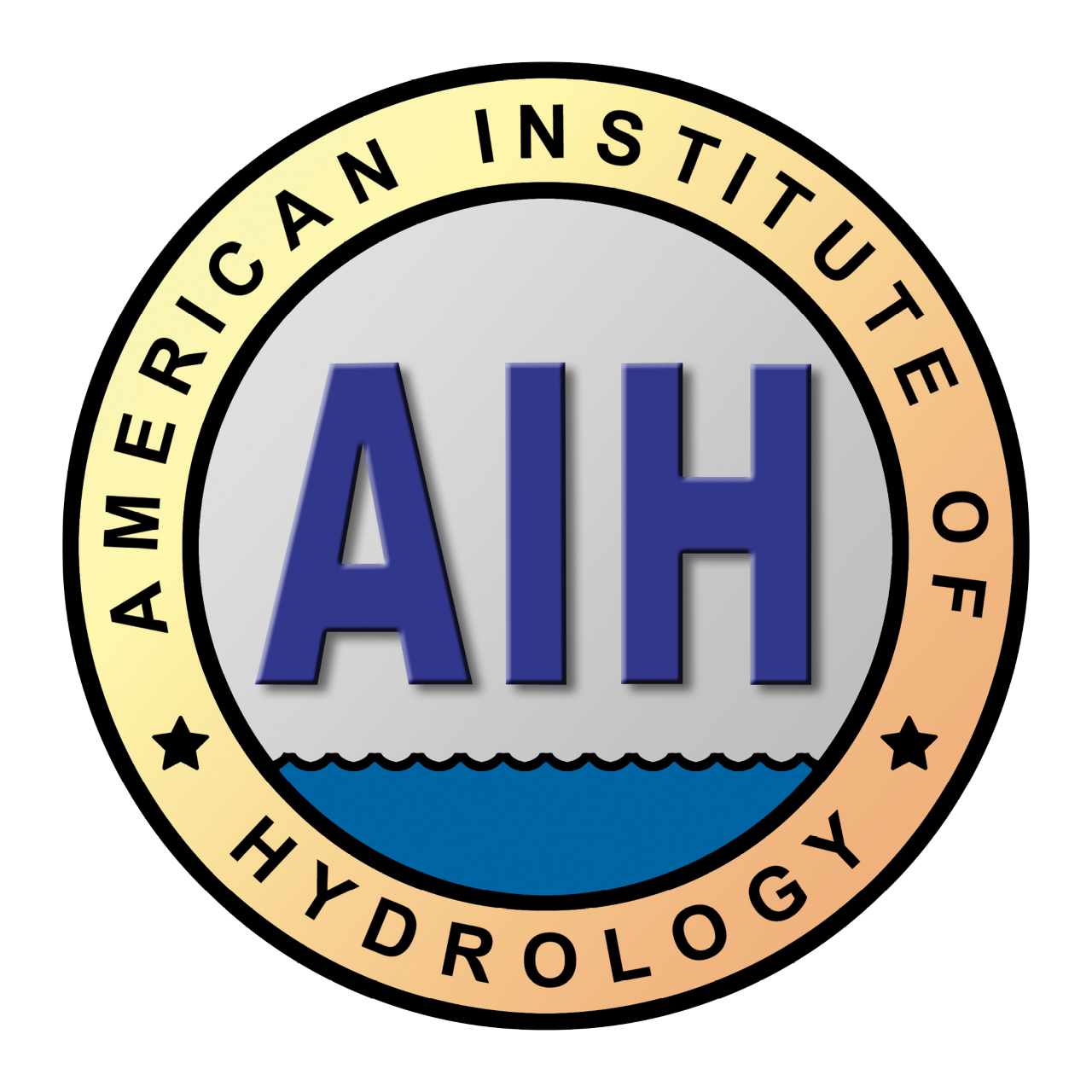4th IAHR Young Professionals Congress
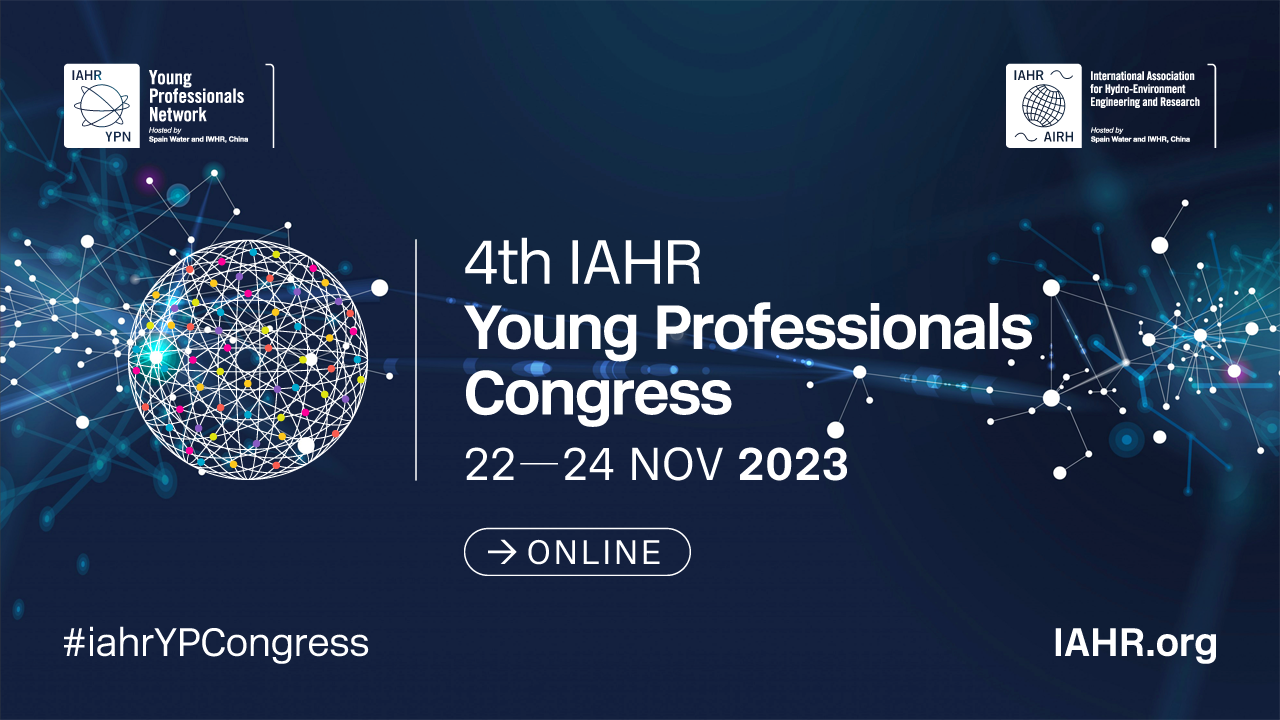
22-24 November 2023. Online
Previous editions Keep UPDATED Programme Watch on demand! Proceedings
Present your work, get mentoring and network with other young professionals and experts in your field around the world!
The IAHR Young Professionals Congresses give young professionals, researchers and students the opportunity to present their work and access mentoring from leading global experts. Representing a unique opportunity for networking and promoting their work, the success of previous editions, with over 1,000 participants each, has ensured that the event is now established as an ongoing annual series organised by young professionals and for young professionals. Free and open to all!
120 abstracts from 39 different countries, 6 regions and 15 themes have been received!
Sponsored by:
Supported by:
Why participate?
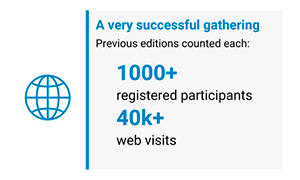 The Congress is a wonderful opportunity to present your work and get mentoring from leading experts.
The Congress is a wonderful opportunity to present your work and get mentoring from leading experts.
It represents a unique opportunity for networking as well.
You will meet with representatives of the IAHR technical committees.
You will be invited to meet and interact with your peers and mentors through breakout sessions.
You will be able to connect with other Young Professionals Networks (YPNs) worldwide and by areas of expertise.
This is also the chance to make your work known.
All the proceedings will be published and made available in the IAHR e-library after the congress.
Selected works will be invited to publish a paper in a special issue of the Journal of Applied Water Engineering and Research.
Benefits
FREE registration
Open to all!
IAHR Young Professional members and non-members.
Students but also to young professionals (35 years old and less)
Certificates of attendance will be issued upon request.
Members: Free
Non members: 25 euro or 12 euro (depending on the income country level) which is equivalent to a membership fee so a one year free membership fee will be included.
To request your certificate please contact accounts@iahr.org
Testimonies
Testimonies
"Thank you very much to the organisers, it is an excellent opportunity to see the great work that is done in all parts of the world, my congratulations to the entire team". Karina Ocaña, Mexico
Key dates
3 July 2023: Call for abstracts opens.
8 September 2023: Call for abstracts closes.
24 September 2023: Call for abstracts extension.
25 October 2023: Notification of acceptance.
10 November 2023: Poster and final extended abstract submission.
22-24 November 2023: Congress.
Congress themes (corresponding to the IAHR Technical Committees)
Hydraulics
Hydro-environment
Innovation and Professional Development
Organising Committee
Chair: Michael Nones, Institute of Geophysics - Polish Academy of Sciences, Poland
David Ferras, IHE Delft, The Netherlands
Arianna Varrani, Institute of Geophysics, Polish Academy of Sciences, Poland
Emanuele Quaranta, European Commission Joint Research Centre, Ispra, Italy
Eva Fenrich, Esslingen University of Applied Sciences, Germany
Gaetano Crispino, University of Campania "Luigi Vanvitelli", Italy
Gonzalo García-Alén Lores, Universidade da Coruña, Spain
Ingrid Silva, Sweco, Sweden
José M. Carrillo, Universidad Politécnica de Cartagena, Spain
Qian Yu, China Institute of Water Resources and Hydropower Research (IWHR), China
Manish Pandey, National Institute of Technology Warangal, India
International Scientific Committee
Alastair Gordon Barnett, HYDRA Software Ltd, New Zealand
Alessio Radice, Politecnico di Milano , Italy
Ali Pourzangbar, Karlsruhe Institute of Technology, Germany
Amos Tiereyangn Kabo-bah, University of Energy and Natural Resources, Ghana
Amparo López Jiménez, Universitat Politècnica de València, Spain
Ana Margarida da Costa Ricardo, CERIS, Intituto Superior Técnico, Universidade de Lisboa, Portugal
Andrea Sulis, University of Sassari, Italy
Angelo Leopardi, University of Cassino and Southern Lazio, Italy
Anton Bergant, Litostroj Power d.o.o., Slovenia
Arthur Mynett, IHE Delft / TU Delft, Netherlands
Arturo Leon, Florida International University, United States of America
Benjamin Dewals, University of Liège, Belgium
Benjamin Wullobayi Dekongmen, University Of Energy And Natural Resources, Ghana
Binbin Wang, University of Missouri, United States of America
Blair Johnson, University of Texas at Austin, United States of America
Carlos de Oliveira Galvao, Federal University of Campina Grande, Brasil
Chunjing Liu, China Institute of Water Resources and Hydropower Research
Claudia Adduce, Roma Tre University, Italy
Claudia Prehn, PUCE Manabí, Ecuador
Corrado Gisonni, Università della Campania ´Luigi vanvitelli´, Italy
Daisuke Nohara, Kajima Technical Research Institute, Japan
Damien Violeau, EDF, France
David de Vicente, CIMNE, Spain
David Wegner, National Academy of Sciences, United States of America
Davide Vanzo, VAW - ETH Zürich, Switzerland
Donatella Termini, Università di Palermo, Italy
Elena Pummer, NTNU, Norway
Elpida Kolokytha, Aristotle University of Thessaloniki, Greece
Frank Molkenthin, Brandenburg University of Technology, Germany
Gabriele Freni, University of Enna Kore, Italy
Guinevere ViVianne Nalder, New Zealand Qualifications Authority, New Zealand
Hamid Bashiri, Bechtel Global Corp., United States of America
Harindra Joseph Fernando, University of Notre Dame, USA
Hossein Kheirkhah Gildeh, Massachusetts Institute of Technology, Canada
Ibrahim Demir, University of Iowa, USA
Joanna Wicher-Dysarz, Poznan University of Life Sicences, Poland
John Okedi, University of Cape Town, South Africa
José M. Carrillo, Universidad Politécnica de Cartagena, Spain
José Manuel Adriasola-Velasco, Bechtel, Chile
Juan Pablo Rodríguez Sánchez, Universidad de los Andes, Colombia
Kamal el Kadi Abderrezzak, EDF R&D LNHE, France
Katinka Koll, TU Braunschweig, Germany
Kenichiro Kobayashi, Kobe University, Japan
Kwaku Amaning Adjei, Kwame Nkrumah University of Science & Technology, Ghana
Leonardo David Donado, Universidad Nacional de Colombia, Colombia
Liege Fernanda Koston Wosiacki, Brasil
Majid Mohammadian, University of Ottawa, Canada
Manousos Valyrakis, University Of Glasgow, United Kingdom
Margaret Chen, Vrije Universiteit Brussel, Belgium
Mario J. Franca, Karlsruhe Institute of Technology, Germany
Micah Mukungu Mukolwe, Masinde Muliro University of Science and Technology, Kenya
Mourad Guesri, University of M'sila, Algeria
Muhammad Waqar, King Fahd University of Petroleum and Minerals, Saudi Arabia
Nadia Penna, Università della Calabria, Italy
Natalia García Estévez, ACCIONA, Spain
Nicola Paccanelli, Atkins, Hong Kong
Nils Rüther, TUM, Germany
Orazio Giustolisi, Politecnico di Bari, Italia
Pavel Rudolf, Brno University of Technology, Czech Republic
Pengzhi Lin, Sichuan University, China
Peter Goodwin, University of Maryland Venter for Environmental Science, United States of America
Ramesh Teegavarapu, Florida Atlantic University, United States of America
Ravindra Vitthal Kale, National Institute of Hydrology Roorkee, India
Reza Ahmadian, Cardiff University, United Kingdom
Rita F. Carvalho, University of Coimbra, Portugal
Roger Falconer, Cardiff University, United Kingdom
Rui Aleixo, Laboratório Nacional de Engenharia Civil, Portugal
Rui M.L. Ferreira, Instituto Superior Tecnico, Universidade de Lisboa, Portugal
Satoru Oishi, Kobe University, Japan
Sean Mulligan, VorTech Water Solutions Ltd, Ireland
Sebastien Erpicum, Université de Liege, Belgium
Seith Mugume, Makerere University, Uganda
Senlin Zhu, Yangzhou University, China
Shaohua Marko Hsu, Feng Chia University, Taiwan
Sharad K Jain, IIT Roorkee, India
Silke Wieprecht, University of Stuttgart, Germany
Slaven Conevski, Norwegian University of Science and Technology, Norway
Stefan Felder, UNSW Sydney, Water Research Laboratory, Australia
Stefan Haun, University of Stuttgart, Germany
Sylvie Spraakman, City of Vancouver, Canada
Taís Yamasaki, Federal University of Mato Grosso do Sul, Brazil
Tobias Bleninger, Federal University of Paraná, Brazil
Tomasz Dysarz, Poznan University of Life Sciences, Poland
Tomasz Kolerski, Gdansk University of Technology, Poland
Tong-Chuan Che, Hohai University, China
Van Thanh Van Nguyen, McGill University, Canada
Valentin Heller, University of Nottingham, United Kingdom
Vladimir Nikora, University of Aberdeen, United Kingdom
Weiling Sun, Peking University, China
Xin He, China Institute of Water Resources and Hydropower Research, China
Xinlei Guo, IWHR, China
Zhiguo He, Zhejiang University, China
Zhihua Xie, Cardiff University, UK
Zulfequar Ahmad, Indian Institute of Technology Roorkee, India
Guidelines for extended abstract submission
Your extended abstract must be submitted through the online submission form using the following template in Word. The extended deadline is 24 September 2023. All extended abstracts must be submitted in English. Please note that proofreading English text is compulsory. The use of native English reviewers is highly recommended. Your extended abstract must be 2 pages maximum and a count of 850-1000 words (including a short abstract of 150 words and a maximum of 5 keywords).
The International Scientific Committee will review all the submissions during the month of September/October. If your extended abstract is accepted, it will be assigned to one of the sessions. You will then need to submit a one-page poster (using a 3 columns template or a 4 columns template) by 10 November 2023.
Presenters will do a 3-5 minute presentation at the 4th IAHR Young Professionals Congress supported by the poster. Download official virtual background
Proceedings will be published and made available in the IAHR e-library after the Congress. Only works presented during the Congress will be included in the proceedings.
The sessions will be livestreamed and also recorded and uploaded to the IAHR website. Video recordings and proceedings will be always freely available for IAHR members, while non-members will be able to access them only six months after the Congress.
Become a sponsor!
Advertising and sponsorship opportunities at IAHR Young Professionals Congress
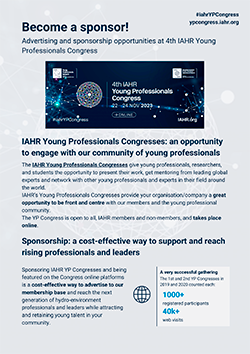 Sponsoring IAHR YP Congresses and being featured on the Congress online platforms is a cost-effective way to advertise to our membership base and reach the next generation of hydro-environment professionals and leaders while attracting and retaining young talent in your community.
Sponsoring IAHR YP Congresses and being featured on the Congress online platforms is a cost-effective way to advertise to our membership base and reach the next generation of hydro-environment professionals and leaders while attracting and retaining young talent in your community.
As our young professional’s membership grows, and the need for a greater diversity of professional development and networking opportunities arise, your sponsorship will ensure that our members continue to receive quality opportunities for growth as young professionals.
As a sponsor of the 4th IAHR Young Professionals Congress, you will enjoy a high level of visibility on a variety of IAHR platforms and channels of promotion, including:
Displaying your logo and linked company name on the event webpage
Displaying your logo and linked company name on the promotional emails
Displaying your logo and linked company name in social media campaigns
Displaying your logo on the certificate of participation and attendance
Verbal recognition by the organising committee at the opening and closing of the Congress
A 2-minute exhibit (video) to promote/introduce your products or services can be arranged during the break of the Congress
1-year FREE Institute membership (for non-members)
Minimum sponsorship amount:
1800 euros for non IAHR Members (institute large >450 employees)
1200 euros for non IAHR Members (institute small <450 employees)
500 euros for IAHR Institute Members
» Access IAHR Institute Members Directory
» Download IAHR Young Professionals Congress Sponsorship brochure
We’ll be happy to cater your support to the needs of your organisation/company. Please contact Elsa Incio at elsa.incio@iahr.org
More information
For any questions concerning the Congress, please contact ypcongress@iahr.org
Keep updated! Register your interest to partcipate in the Congress and receive the latest news updates.
Subscribe for free to Newsflash, IAHR's monthly e-bulletin.
Resources
Follow IAHR on Facebook, Linkedin, Instagram and Twitter to keep updated.
The Young Professionals Congress web address is: ypcongress.iahr.org | The official hashtag is #iahrYPcongress
Download and share with your colleagues the 4th IAHR Young Professional Congress banner! Please contact us if you need the banner in a different size and/or format.

